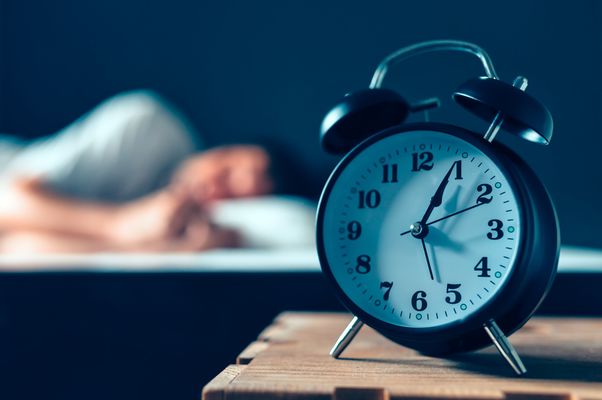UK workers have been sleeping better since they began working from home but the impending return to offices could put their newfound restfulness at risk.
According to a survey carried out for employee wellbeing specialist WRKIT, it was largely the fact they were able to skip the commute that had led to Brits spending more time in bed, with UK workers rating their sleep duration 8.6/10, on average.
The researchers polled 4,000 employees globally, 1,293 from the UK, to assess how the past year had impacted employees’ sleep, with UK workers seeming to have benefited more than those in other countries.
As well as reporting that they were getting more sleep, workers in the UK also reported a better quality of sleep since remote working became commonplace, with an average score of 6.5/10 in terms of feeling refreshed after sleep, significantly higher than the global average of 4.5/10.
Given that a previous study found that insufficient sleep was linked to lower productivity and could be costing the UK economy up to £37bn a year, Jason Brennan, director of leadership and wellbeing at WRKIT, said employers would be wise to think about how to maintain the improved sleep patterns of their staff.
“So many workers seeing marked improvements to their sleeping patterns has been an extremely positive legacy of the past 12 months that businesses would do well to pay attention to if they are to keep morale – and, crucially, the wellbeing of their staff – high over the coming months.
“Where possible, businesses should consider providing the option of permanent remote working, even for two or three days a week. This will enable employees to maintain good sleep hygiene, to the mutual benefit of employer and employee, and enable forward-thinking businesses to attract and retain the top talent in their industry.”
The research on sleep was part of the Global Working From Home Survey, which also considered workers’ wellbeing in five other areas; work, life, food and mental and physical wellbeing.
One other area in which UK workers had benefited more than the worldwide average was in feeling more able to make time to focus on activities they enjoyed, with Brits scoring an average of 7.1/10 on this measure, compared with 5/10 globally.
Photo courtesy of Canva.com





